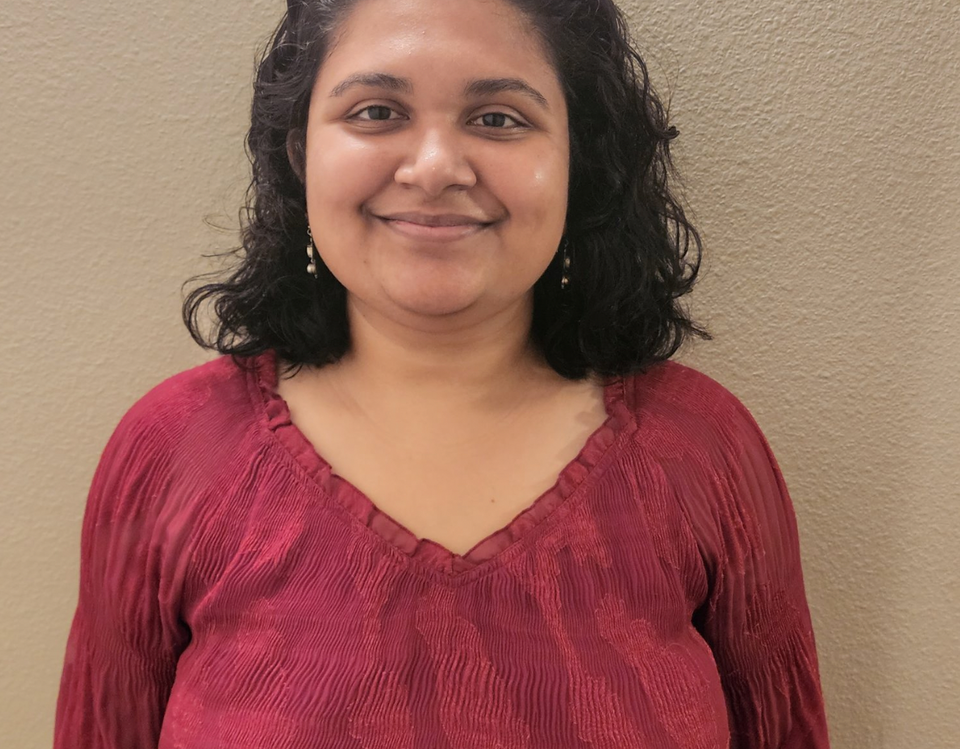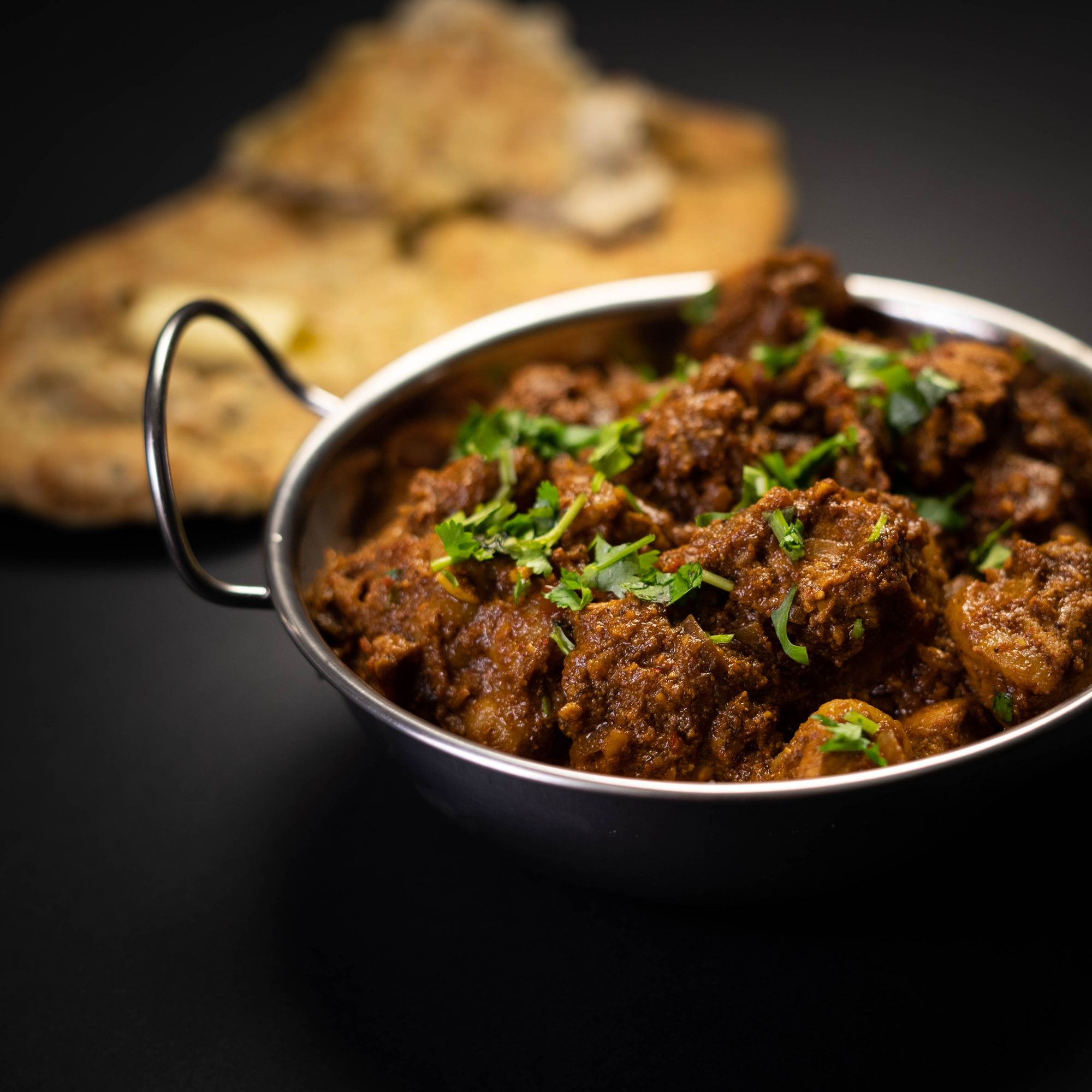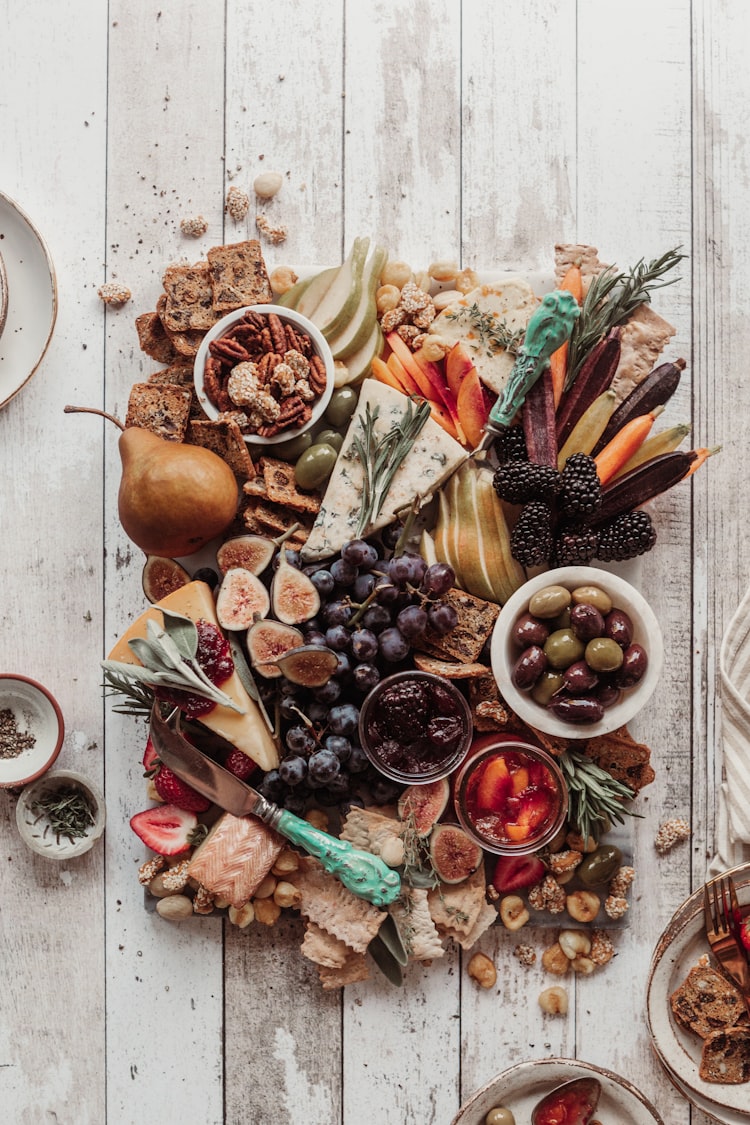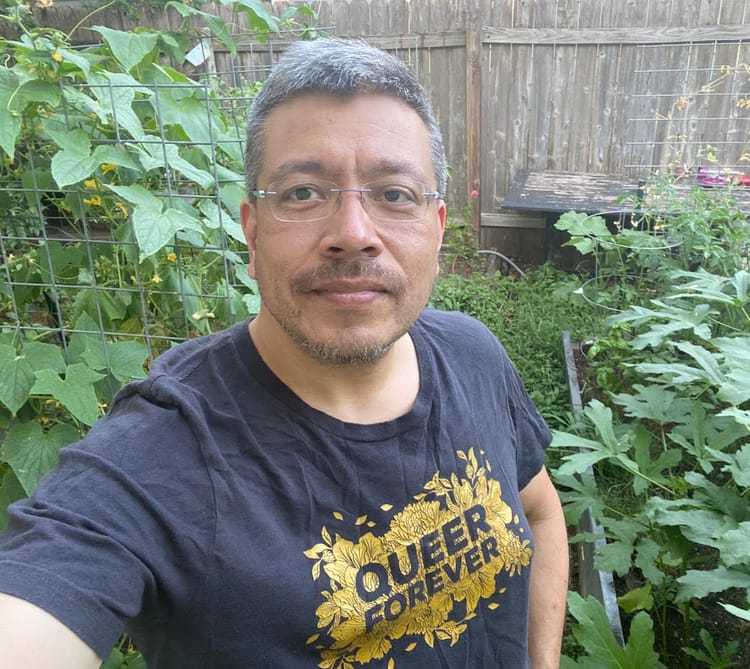The Curry Goat

Nuha Fariha is a Bangladeshi-American writer. Her work has appeared in Nat Brut, Thin Air, and Oyster River Pages among others. She has been supported by the Juniper Writing Institute, Key West Writer's Workshop, and Mountain Words Literary Festival. Her first book, God Mornings, Tiger Nights, will be published in 2023 (GameOver Books). She is currently obtaining her MFA in Creative Writing at Louisiana State University and lives in Baton Rouge with her family.
The father of the curry house is Sheikh Din Muhammad. Born in India, Din Muhammad was eleven when his father died and he was placed in the custody of Captain Godfrey Evan Baker of the British Navy. Captain Baker changed Sheikh’s name to Sake Dean Mahomed.
I imagine a little brown boy, barely growing his own stubble, being forced to live in a British navy barrack. How did he feel, separated from his family, fighting against his own people and embedded in the upkeep of a brutal colonial regime? How did it feel to occupy a precarious place in history, to have his name changed by others, to know that home is no longer home?
I imagine it is somewhat akin to my own experiences as an immigrant. At eleven years old, I peered out the airplane window as we flew over the Atlantic Ocean and watched Ireland become smaller and smaller. We were going to live in Amerika, a place I hadn’t thought much about, to be honest, outside of 9/11. On my last day, my classmates gave me a signed card with well-wishes and hugs and I felt a sudden pang of longing. I didn’t know what I was missing until we left.
꘏
“Are your fingers, like, ok?”
Julia’s downturned lips and furrowed brows told me that my fingers were not, in fact, okay. I stared down at my haldi-stained fingernails and shoved them in my pockets.
“Don’t worry about it, I’m fine.”
When I came home from school that day, I spent hours with a small toothbrush, vigorously scrubbing every corner of my hands. I soaked my poor fingers in a bowl of hydrogen peroxide until I was pretty sure they would fall off. It was only then that I managed to get the turmeric stains out.
At night, Amma raised her eyebrow when I sat down at the dinner table with raw, red fingers and a fork. It wasn’t that I couldn’t use a fork and a knife. It was that I loved to eat with my fingers. I enjoyed the sensation. I loved maneuvering the slimy bhendi or molding warm yellow daal and rice balls. Eating with utensils felt like performing surgery, a cold sterile affair without the innate joy of eating. Still, I persevered, unwilling to let Julia make another insipid comment and unwilling to put my fingers through another ordeal.
In a portrait painted by Thomas Mann Baynes, Din Muhammad sits primly on a green chair, holding a pair of delicate white gloves. One of his elbows is draped over the corner of the chair. His expression is slightly pained, as though he is tired of holding this facade. I wonder if wearing kid gloves would have helped disguise my yellowed nails or if they would have drawn yet more attention. Like Din Muhammad, I have spent a lifetime trying to disguise my roots.
꘏
In 1810, Sheikh Din Muhammad opened the first Indian curry house in Great Britain, The Hindoostane Coffee House. Located on 102 George Street, Paddington, London, the restaurant only survived a year before it was closed due to financial concerns. Din Muhammad’s plan was to serve an “Indianised”' British food to appeal to Indian aristocracy residing in London, as well as British people who had returned from India. However, the Indian aristocracy would not come out to eat in the restaurant because they had chefs at home cooking more authentic food—it was just not a big enough draw to come out.
After the failure of his restaurant, Din Muhammad opened the first Indian Vapour Baths in Brighton in 1821. I sometimes wonder about the connection between the two, about Din Muhammad’s apparent vigor for champu (the Indian massage treatment that gave English the word ‘shampoo’), about the need we immigrants have to rid ourselves of the fragrance of home. How it clings to our skin anyway, like an insistent toddler.
Din Muhammad’s method of ‘shampooing’ involved massaging the whole body during a vapour bath. For his innovation, Din Muhammad was appointed the Shampooing Surgeon to George IV and William IV. He collected testimonials, as well as discarded leg irons and crutches, from past patients. In his second book, Shampooing: Or, Benefits Resulting From the Use of the Indian Medicated Vapour Bath, Muhammad writes:
“I deem it necessary to premise, in order to be screened from criticism, that my pursuits have been widely different from those of literature, generally, through life. Little can be expected where little is promised, and my only regret is, that my endeavors will not be equal to my wishes and the expectations of my readers.”
“Little can be expected where little is promised.” This is what I have come to expect from life. I hesitate to call myself “first generation”. First to whom? First where? I am not the first in my family. To be first is to navigate a relationship between two continents and I can hardly locate myself on a map. I look down at my oil-stained fingernails to see if they can tell me where to go, but they remain silent.
Nuha’s Bengali Goat Curry

While there are many ways to cook a curry, what sets Bengali recipes apart is the focus on creating the jhol. This thin gravy is slowly created over three to four hours, allowing all the delicious flavors to settle in. Long after the meat and potatoes are finished, you’ll find yourself reaching for the remainder of the jhol. Prepared as written, this recipe produces about six servings of flavorful curry.
Get the Recipe: PDF, Google Doc
If you’d like to own the Personal Canons Cookbook ebook, which collects all these essays and recipes in easy-to-reference, clickable format—plus loads of bonus recipes from me!—join the Stone Soup Supper Club. The ebook is free for subscribers, who will get the download link in their inboxes in the first Supper Club email of 2024!
Remember: Care for yourself and the people around you. Believe that the world can be better than it is now. Never give up.
—Gailey






Member discussion